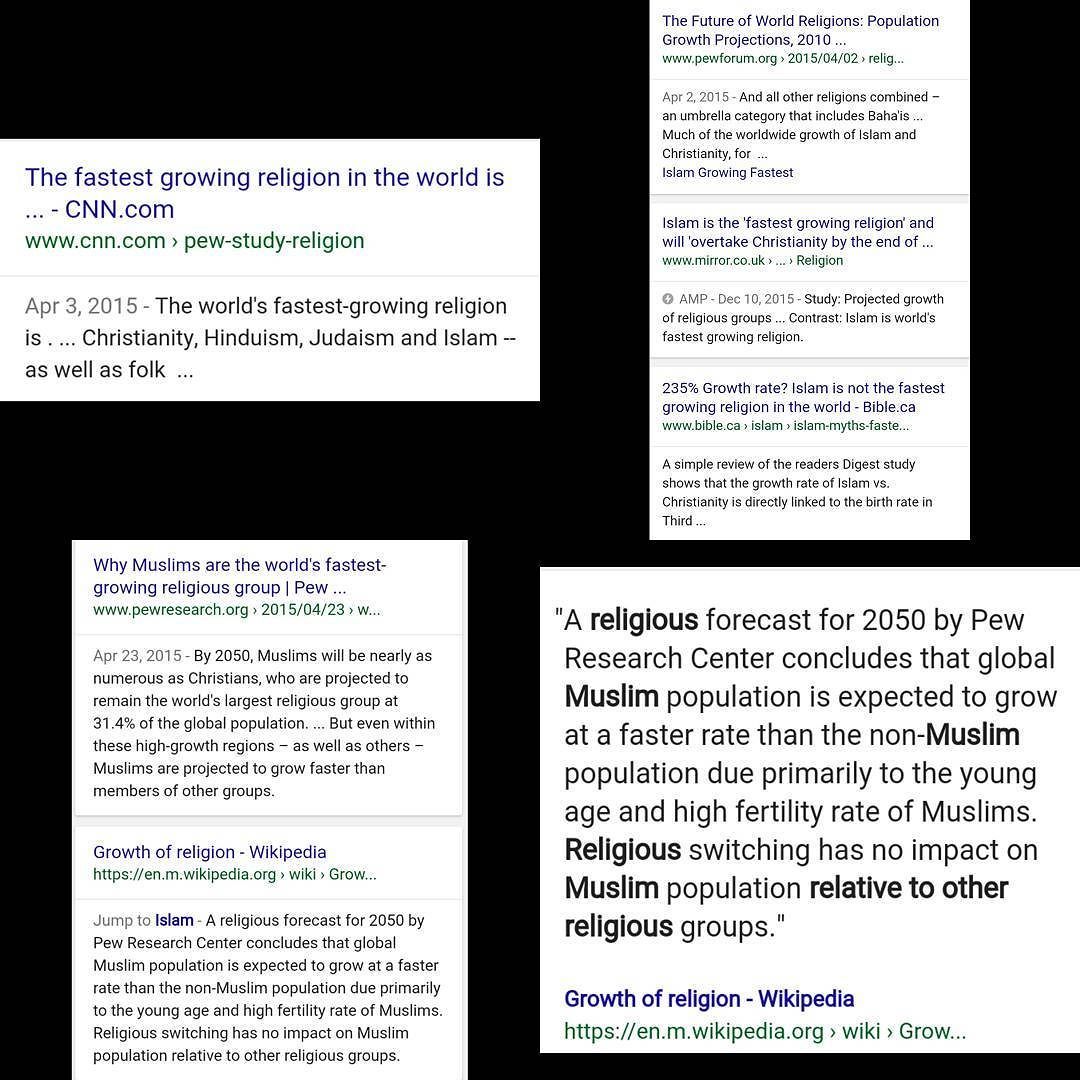Is Hinduism a Universalizing Religion? A Comprehensive Analysis
Introduction
The question of whether Hinduism is a universalizing religion is nuanced and has sparked considerable debate among scholars, practitioners, and observers. Understanding this requires a close look at the definitions of both universalizing and ethnic religions, examining Hinduism’s historical, cultural, and doctrinal characteristics, and considering its evolution in the modern world. This article provides a comprehensive, actionable guide for those seeking clarity on this topic, offering in-depth explanations, real-world examples, and guidance for further research.
Defining Universalizing and Ethnic Religions
To assess Hinduism’s status, it’s essential to define the terms:
- Universalizing religions are belief systems that actively seek converts and aim to be applicable to all people, regardless of their cultural or geographic background. Examples include Christianity, Islam, and Buddhism. These religions usually emphasize missionary work and proselytization, seeking to spread their message globally [1] .
- Ethnic religions are closely associated with a specific cultural group or geographic region. They typically do not actively seek converts but are passed down through familial and cultural ties, such as Judaism or Shinto [3] .
With these definitions in mind, we can explore the arguments for and against classifying Hinduism as a universalizing religion.

Source: templepurohit.com
Arguments for Hinduism as a Universalizing Religion
Hinduism presents several features that could align it with universalizing religions:
1. Doctrinal Universality and Inclusivity
At its philosophical core, Hinduism emphasizes the unity of all beings and the interconnectedness of existence. The concept of
dharma
(righteousness) is seen as universal, applying to all individuals irrespective of background
[1]
. The tradition is marked by remarkable tolerance for diverse beliefs, encompassing monotheism, polytheism, and even atheism. This openness has enabled it to adapt and appeal to people from various cultures.
2. Global Spread and Diaspora Influence While Hinduism originated in South Asia, it has spread globally, especially through migration. Today, there are significant Hindu communities in Southeast Asia, Europe, North America, and Africa. The influence of practices like yoga and meditation has contributed to the religion’s global visibility and appeal [4] .
3. Universal Spiritual Values Modern expressions of Hinduism, particularly through movements like Neo-Hinduism and organizations such as ISKCON (International Society for Krishna Consciousness), have emphasized universal values such as compassion, peace, and spiritual liberation for all humanity. Thought leaders like Swami Vivekananda and Mahatma Gandhi have advocated for a universal religion grounded in Hindu philosophy that embraces all faiths and spiritual paths [2] .
4. Adaptation to Global Contexts In response to globalization, Hinduism has adapted its practices and messaging to resonate with a wider audience, fostering interfaith dialogue and emphasizing universal human values [1] . This evolution reflects its ability to transcend ethnic boundaries and appeal to individuals worldwide.
Arguments for Hinduism as an Ethnic Religion
Despite these universalizing aspects, several core features of Hinduism align it more closely with ethnic religions:
1. Birth-Based Membership Traditionally, Hinduism is closely tied to birth and cultural identity. Doctrines such as karma and reincarnation suggest that one is born into Hinduism due to their past actions, and conversion is not actively encouraged. The belief is that a person’s birth determines their entry into the religion, reinforcing its ethnic character [5] .
2. Limited Proselytization Unlike Christianity or Islam, Hinduism does not have a strong tradition of missionary activity. Seeking converts is often seen as contrary to the doctrine of karma and dharma. Many adherents believe that proselytizing would disrupt the cosmic order and the individual’s destined life path [5] .
3. Geographic Concentration Even today, the vast majority of Hindus reside in South Asia. Although there are global communities, the religion’s core rituals, festivals, and practices remain deeply rooted in Indian culture and society [3] .
The Hybrid Nature of Hinduism
Given the above, many scholars now view Hinduism as a hybrid -exhibiting both ethnic and universalizing characteristics [1] . While it retains strong ethnic and cultural ties, its philosophical inclusivity and modern global expressions demonstrate universalizing tendencies. This duality is visible in the ways Hinduism has:
- Welcomed non-Indians into its fold through movements like ISKCON
- Promoted universal values such as tolerance, peace, and respect for all faiths
- Maintained core traditions that are deeply entwined with Indian identity
This hybrid identity allows Hinduism to retain its roots while appealing to a global audience, especially in an era of increasing migration and cultural exchange.
Modern Expressions: Neo-Hinduism and Global Influence
Neo-Hinduism and related movements have actively promoted the universal aspects of Hindu thought. For example, Swami Vivekananda’s address at the Parliament of the World’s Religions in 1893 emphasized the acceptance of all faiths and the importance of global spiritual unity [2] . Organizations such as ISKCON have established centers worldwide, making Hindu practices accessible to people of all backgrounds.

Source: sodhatravel.com
Yoga, Ayurveda, and meditation-rooted in Hindu philosophy-are now practiced by millions worldwide, often outside of a strictly Hindu religious context. These practices demonstrate the religion’s adaptability and universal appeal, even when detached from their original cultural framework [4] .
Practical Guidance: How to Learn More and Engage
If you wish to explore Hinduism further, there are several actionable steps you can take:
- Attend local or virtual events hosted by recognized Hindu organizations. These events often welcome people of all backgrounds and provide insights into beliefs and practices.
-
Read primary sources such as the
Bhagavad Gita
,
Upanishads
, or works by modern thinkers like Swami Vivekananda. Libraries and major bookstores typically carry these texts. - Explore the educational resources provided by reputable organizations. For verified information, consider searching for the “Hindu American Foundation” or “ISKCON official website” through your preferred search engine. These organizations often have accessible guides and FAQs.
- Participate in interfaith dialogues or workshops that include Hinduism. Many universities and community centers offer such programs.
- If you wish to visit a temple or speak with a practitioner, use official temple websites or community directories relevant to your location. Be sure to look for clearly identified, official sources rather than relying on unverified links.
If you are interested in academic study, searching for university courses on “World Religions” or “Comparative Religion” will often include modules on Hinduism’s global impact and philosophical reach. For those seeking spiritual practice, many centers offer introductory classes in yoga or meditation rooted in Hindu tradition, open to all regardless of background.
Potential Challenges and Alternative Perspectives
Classifying Hinduism definitively as either ethnic or universalizing remains contentious. Some may face resistance from practitioners who hold traditional views, while others may find the religion’s inclusive philosophy welcoming. It is important to approach the subject with cultural sensitivity and openness, recognizing the diversity within Hinduism itself.
Alternative approaches include focusing on the practical impact of Hinduism’s global spread-such as the influence of its values on international movements for peace and social justice-or considering how non-Indian practitioners experience and adapt Hindu philosophy in their own cultural contexts.
Key Takeaways
- Hinduism exhibits both universalizing and ethnic characteristics, making it unique among world religions.
- Its philosophical inclusivity, global spread, and modern adaptability support its universalizing aspects.
- Its traditional emphasis on birth, cultural continuity, and limited proselytization align it with ethnic religions.
- The hybrid nature of Hinduism allows it to retain cultural roots while appealing to global audiences.
- Engagement and further study are accessible through official organizations, academic courses, and verified community resources.
References
- [1] Apna Mandir (2025). Is Hinduism Ethnic or Universalizing? A Complex Question.
- [2] Wisdom Library (2025). Universal Religion: Significance and symbolism.
- [3] Vedi Concepts (2024). Hinduism: Universalizing or ethnic religion.
- [4] Wikipedia (2024). Hinduism.
- [5] Patheos (2024). Is Hinduism An Ethnic Or Universalizing Religion?
MORE FROM cheerdeal.com













